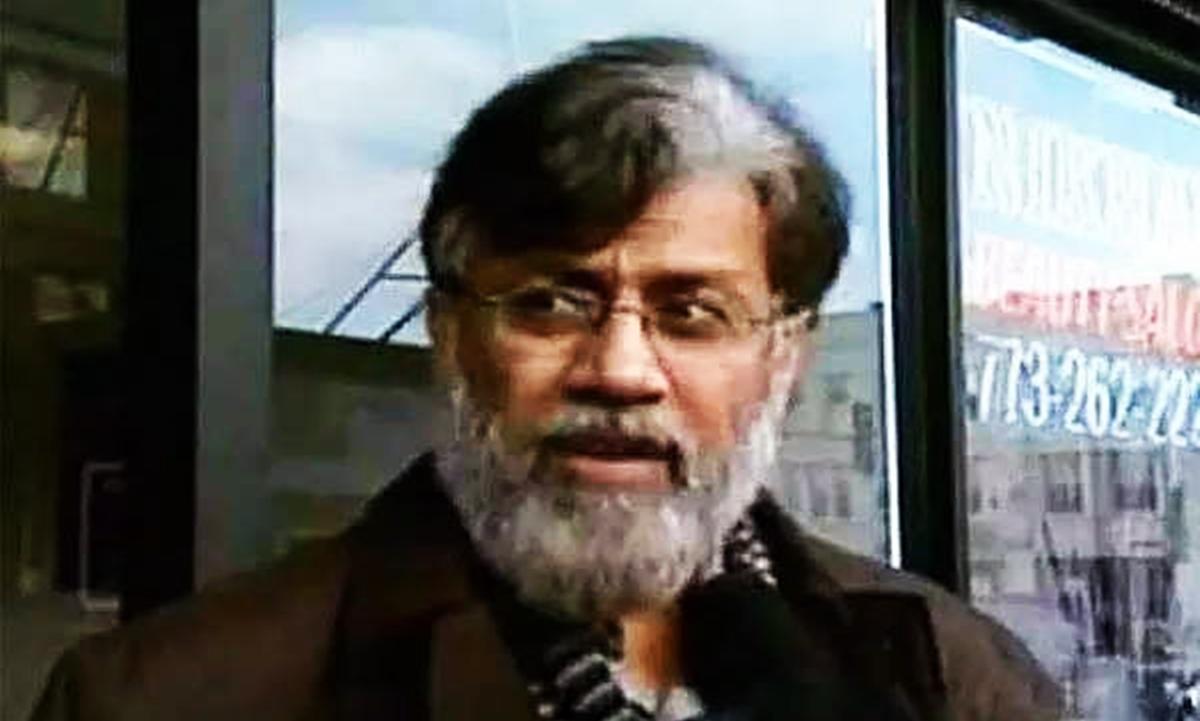
US court upholds extradition of Tahawwur Rana to India for 2008 Mumbai attacks
text_fieldsThe US Court of Appeals for the Ninth Circuit has ruled that Tahawwur Rana, a Canadian businessman of Pakistani origin, is extraditable to India under the bilateral extradition treaty between the two nations. Rana is sought by Indian authorities for his alleged involvement in the 2008 Mumbai terror attacks that claimed over 160 lives.
The ruling, issued on August 15, represents a major setback for Rana, who has been fighting his extradition for years. The court's decision affirms an earlier ruling by a magistrate judge in the Central District of California, which had certified Rana as extraditable to India. The district court had previously denied Rana's habeas corpus petition, which challenged the magistrate's certification.
“The (India-US Extradition) Treaty permits Rana’s extradition,” the Ninth Circuit panel stated in its ruling, affirming the lower court’s decision.
Rana, a Pakistani national, was tried in the United States on charges related to his support for the terrorist organization Lashkar-e-Taiba, which was responsible for the 2008 attacks in Mumbai. Although Rana was convicted by a US jury of providing material support to a foreign terrorist organization and conspiring to support a foiled plot to attack Denmark, he was acquitted of charges related to the Mumbai attacks. Following his conviction, Rana served seven years in prison before being released on compassionate grounds.
India, however, issued a request for Rana’s extradition to stand trial for his alleged role in the Mumbai attacks. The request was based on fresh charges filed in India, which the Indian authorities argue contain distinct elements from the crimes for which Rana was acquitted in the United States.
Rana’s primary argument against his extradition hinged on the Non-Bis in Idem (double jeopardy) provision in the extradition treaty between the US and India. This provision prohibits extradition if the individual has already been tried and either convicted or acquitted for the same offence in the requested state (in this case, the US). Rana contended that his extradition was barred because he had already been acquitted in the United States of charges related to the Mumbai attacks.
However, the US government argued that the term “offence” in the treaty referred to specific charged crimes rather than the underlying acts. This interpretation, the government maintained, allowed for Rana’s extradition since the charges in India were legally distinct from those he had faced in the US.
The panel of judges—Milan D. Smith, Bridget S. Bade, and Sidney A. Fitzwater—agreed with the government’s interpretation. “The Treaty’s plain terms, the post-ratification understanding of the signatories, and persuasive precedent all support the government’s interpretation,” Judge Smith wrote in the ruling.
The court also rejected Rana’s argument that the government’s position was inconsistent with the interpretation of the treaty in a separate case involving another individual, David Headley, who had also been involved in planning the Mumbai attacks. Rana had argued that the government should be “judicially estopped” from advocating for its current interpretation based on its stance in Headley’s case. The court, however, declined to apply this principle, noting that the crimes charged in India had elements independent from those for which Rana was prosecuted in the United States.
“Because the parties do not dispute that the crimes charged in India have elements independent from those under which Rana was prosecuted in the United States, the Treaty permits Rana’s extradition,” the ruling stated.
In addition to addressing the double jeopardy argument, the court also examined whether India had provided sufficient evidence to establish probable cause for Rana’s extradition. The panel concluded that the evidence presented by India was adequate to support the magistrate judge’s finding of probable cause that Rana committed the crimes for which he was charged.
India’s evidence, combined with the distinct legal elements of the charges, ultimately led the court to affirm the extradition order. The ruling clears a significant legal hurdle for Indian authorities seeking to bring Rana to trial for his alleged involvement in one of the deadliest terrorist attacks in India’s history.
Despite the adverse ruling, Rana still has legal options available to challenge his extradition. He could potentially appeal the decision to the US Supreme Court, although such an appeal would be at the court’s discretion. Additionally, he could pursue other legal avenues to delay or prevent his extradition.























